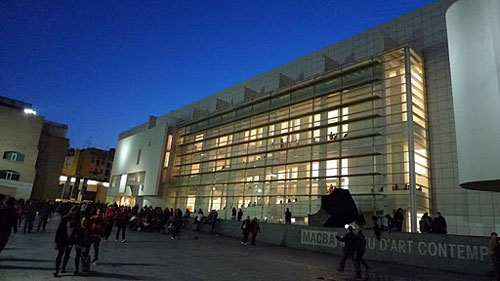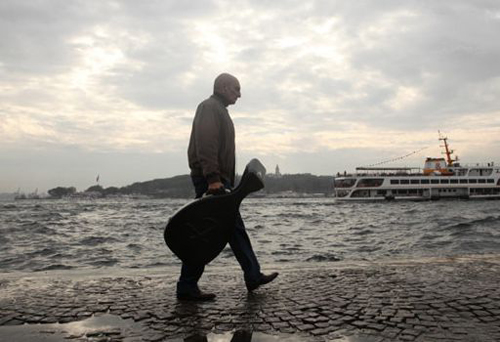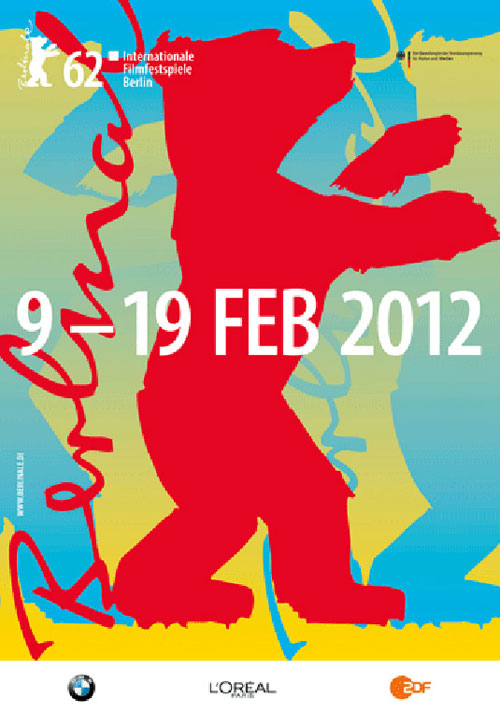The Barcelona Museum of Contemporary Art, MACBA, holds an exhibition of Yugoslav Experimental Cinema 1960-1980 – as part of the exhibition Museum of parallel narratives – until the 6th of July. This sample is an important part of the international activities that the museum has been carrying out in its agenda 2011. The series curated by Ana Janevski reveals an experimental cinematography that changed the language and the dominant aesthetic in the former Socialist Federal Republic of Yugoslavia between the decades from 60´s to 80´s.

“We can’t promise to do other than experiment” was the statement that accompanied the KOD group, consisting of visual artists from Novi Sad on the Danube, city which the Serbian director and screenwriter Dušan Makavejev used as scenario to make a visual performative intervention in 1971. This triggered a revolution of thematic paradigms and Yugoslav film production, which was subject to state censorship.
Dušan Makavejev was born in Belgrade in 1932. He studied psychology at the University of Belgrade, and after graduating; he got involved in the cinema and festivals society. There he became fascinated with the image content production, so he started studying at the Academy of Radio, Television and Film. In 1953 he began making his first documentaries, which were directly related to post-war events. His tendency to insert experimental raw footage in other productions, deconstructing and re-signifying their contents, transformed him into one of the most important men in Yugoslav cinema.
In his first three films: Man is a bird (1966), Love Affair (1967) and Innocence Unprotected (1968), we can see a strong influence from the filmmaker Jean-Luc Godard, particularly in image management, as well as certain features of the drama from Bertolt Brecht. In the late 60´s, Makavejev travels to America, thanks to a grant from the Ford Foundation, where he began his most controversial film, which cost him the censoring and the inability to return to Yugoslavia because it was considered a persona non grata. W.R. Mysteries of the organism is based on the theories and discussions of the psychoanalyst Wilhelm Reich about psychopolitics and his psychoanalytic work on the mechanisms that build up authoritarian societies from denials of sexuality and pleasure. The strong and diffuse images of sexual content, used to express the perversion of domination and political aberrations of his country, became an icon of experimental cinema.
The films that will be shown in the exhibition are: What is art? by Vladimir Kristle, Neša Paripovi? and Mladen Popovi? Zoran Stilinovic, Wednesday 8 June; As soon I open my eyes I see a film by Tomislav Gotovac, Wednesday 22 June; The joy of living, short film by Godima Karpo, Wednesday 29 June and the controversial W.R. The mysteries of the organism by Dušan Makavejev, Wednesday 6 July.
For more information http://www.macba.cat/controller.php?p_action=show_page&pagina_id=33&inst_id=30639
 Nancy Guzman
Nancy Guzman
Watching independent cinema is always a pleasure, so if you find Barcelona accommodation you just can’t miss this exhibition.

 English
English Translated by: Hans
Translated by: Hans

